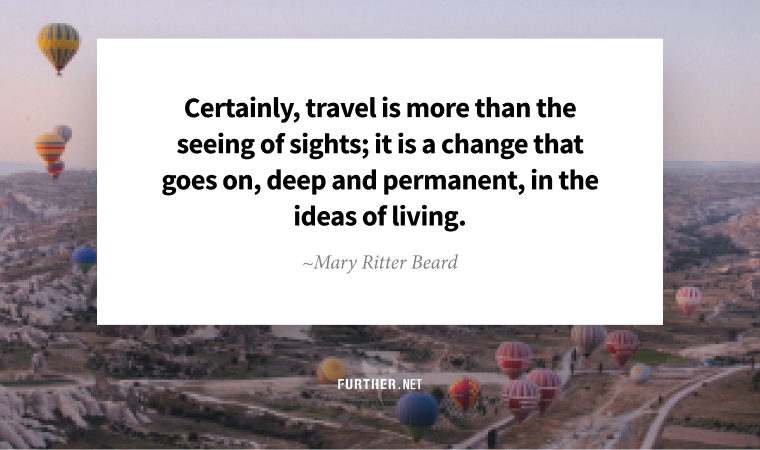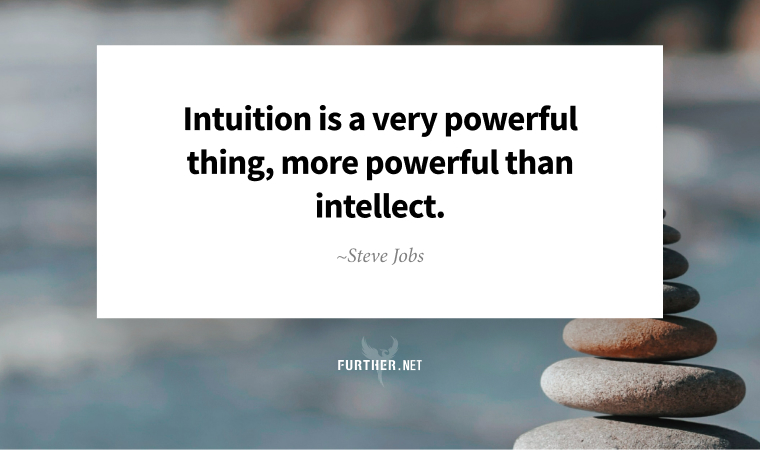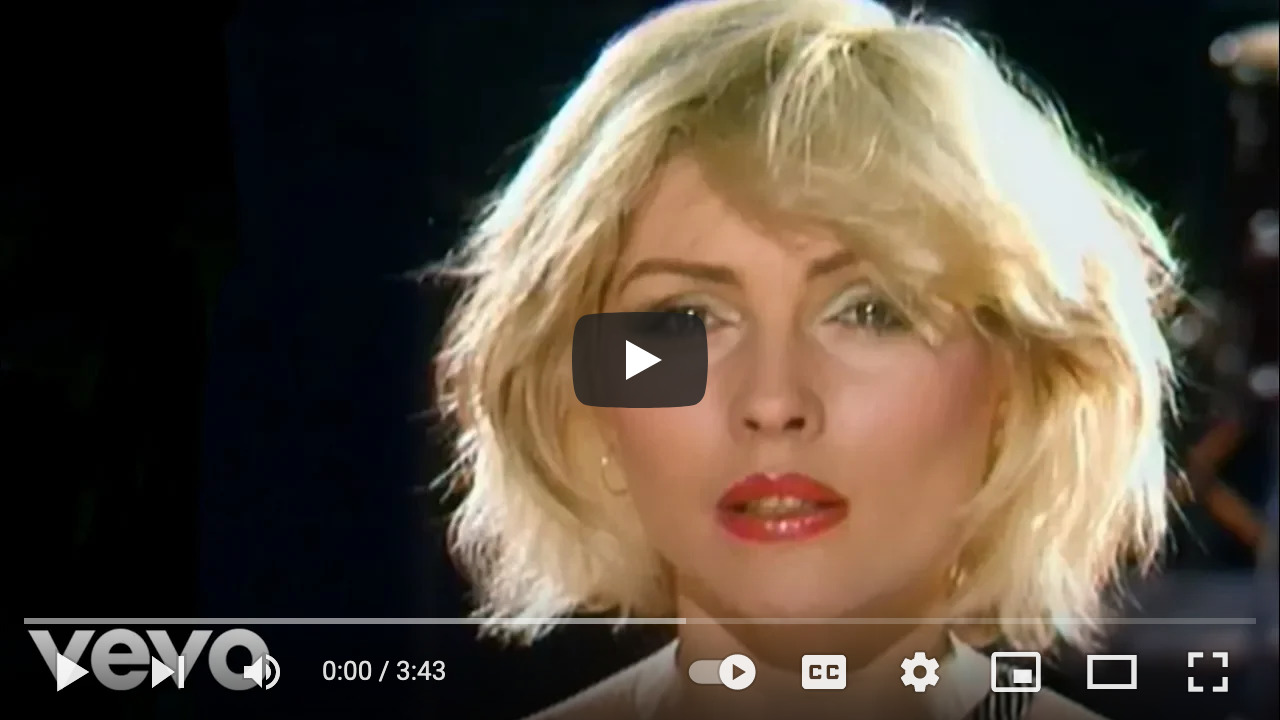
What a trip.
Two continents, three countries, four COVID-19 tests, nine flights, and 21 days. Plus one guy named Brian who isn’t quite the same person he was when he left on November 1st — in a good way.
Travel is an activity that’s practically guaranteed to change your life for the better. In fact, research establishes that Mark Twain was right when he said “travel is fatal to prejudice, bigotry, and narrow-mindedness,” as spending time in diverse locations really does broaden the mind and increase your acceptance of and trust in others.
I had some experiences in Peru and Panama that would have terrified me if they happened in certain parts of the US. But it was all fine, because ultimately these were good people simply dealing with a gringo who didn’t speak Spanish in odd situations.
Now, we’re not talking about vacations where we recharge at a sheltered resort or on a cruise ship. While we do experience a bit of novelty in those situations, you’re often having an experience that has “all the comforts of home.”
Instead, you want to immerse yourself in cultures that are very different from your own, eliminating the comfort zone of your normal roles, status, and relationships. This type of travel may raise challenging questions about what you view as “normal,” and the wonderful opportunity to come up with meaningful answers.
In fact, I’d say that personal growth from travel mostly comes from the adversity of being out of your comfort zone. A foreign language, different customs, tight travel schedules, lack of sleep … it’s all part of the adventure, and it’s the part that changes you.
In the case of the Amazon rain forest, there’s also … howler monkeys. Have you ever heard a howler monkey howl? It’s a wonderful way to wake up in the morning.
We’ll make a point to explore some travel adventure ideas for you in 2022. And we’ve got a lot more cool stuff coming as well.
More on that next week.
Further reading: Does Travel Really Change People?
Keep going-
P.S. New to Further? Join us here.
What’s Your Function?
When we talk about healthspan, we’re really talking about remaining functional as we age, right? It’s not about living forever, it’s about living our best lives while we’re still around. (No charge for the Conjunction Junction ear worm in the subhead.)
‘Functional Aging’ or How to Delay the Aging Process
Prepare Your Mind
By mentally preparing yourself beforehand, big life changes can become less traumatic and instead become rewarding experiences. Here’s how to mentally prepare yourself for change.
Mentally Preparing For A Major Life Change
Confidence Game
Trying to be less anxious teaches your mind to be anxious about being anxious. The best way to lower your anxiety is to be pro confidence.
Don’t Be Anti-Anxiety. Be Pro-Confidence
Dagwood Dilemma
Your parents need your help right now, and so do your adult kids. But what about saving for your own retirement? If you’re stressed and stretched, it’s time to prioritize. Here’s where to start.
Sandwich Generation: How Do You Decide Whose Needs Come First?
Viva Italia!
You may have seen the news about ridiculously cheap homes in Italy that you can buy and fix up. Combine that with this story of a woman who vowed to move to Italy when she was 20, and made it happen at age 58.
It’s Never Too Late to Pick Up Your Life and Move to Italy
The Logic of Trusting Your Intuition

By Trudi Roth
We’re living in a time of data deluge, where research says we take in the equivalent of 34 gigabytes of information daily – enough to fry your laptop within a few days. Now, compound that by an unprecedented level of uncertainty and bias in the media we consume, decision-making is more complicated than ever before.
Still, underneath it all, we have an innate ability to choose wisely regardless of the data. Turns out that knowing things without knowing we know them is something we’re all wired to do.
When it comes to making the most out of your intuition, trusting your sixth sense is primary.
Basic Instinct
Intuition, as Boston once sang, is more than a feeling. Science shows that we store emotional responses to experiences and use them as part of our internal guidance system. According to neuroscientist Antonio Damasio, bodily systems cues, like heart rate, muscle tone, and endocrine activity, all evolved to help us safely and intuitively navigate our world.
These ‘somatic markers’ translate unconscious emotions and sensations into felt instinct. This evolutionary strategy allows us to make quick decisions that require minimal thought to enhance survival.
This is what we call a “gut feeling.” And actually, your gut has a lot of the same neurotransmitters as the brain. It filters and sends that unconscious information to the brain to help you hone in on the best path forward.
Combine those primal impulses with rational thought, and you’ve got a powerful ability to make better decisions.
Use Your Inside Voice
This is not to say that intuition is always reliable. Going back to the firehouse of information that continuously pummels us, it’s not easy to distinguish the signal from the noise. The trick is to quiet your mind so you can access your thoughts about a given situation.
Learning to read all of the input from the world means balancing reason with emotion held within the stillness at our core.
There are loads of ways to give yourself time to think, from meditation to walking or carving out an hour for purposeful daydreaming. Silence is key to inner knowing – the very definition of intuition.
To help assess your instinct, be sure to think about the kind of problem you’re facing and the context in which you’re operating. If there’s a high level of uncertainty, and it’s impossible to use data to calculate probabilities and risk, it’s a good time to let your gut weigh in. Ditto if you want to make a choice that’s distinctively yours, separating you from others who have the same information.
When looking for the best solution, your intuition can lead you to discover that ultimately, you really do know best.
The Science of Intuition (Psychology Today)
further: flashback
 Blondie – Heart Of Glass
Blondie – Heart Of GlassParallel Lines, 1978
Blondie ran in New York’s punk and new wave circles, subcultures that loathed disco. And yet, in 1978 they did disco on their own terms with Heart of Glass and not only got away with it — they broke big and kept going. (YouTube)
further: sharing

Further subscribers earn $MOVE coin to get cool gear and special access to member-only resources simply by referring friends to join the newsletter. Get your own free weekly dose of health, wealth, travel, and happiness advice here.
Thank you for sharing Further!
